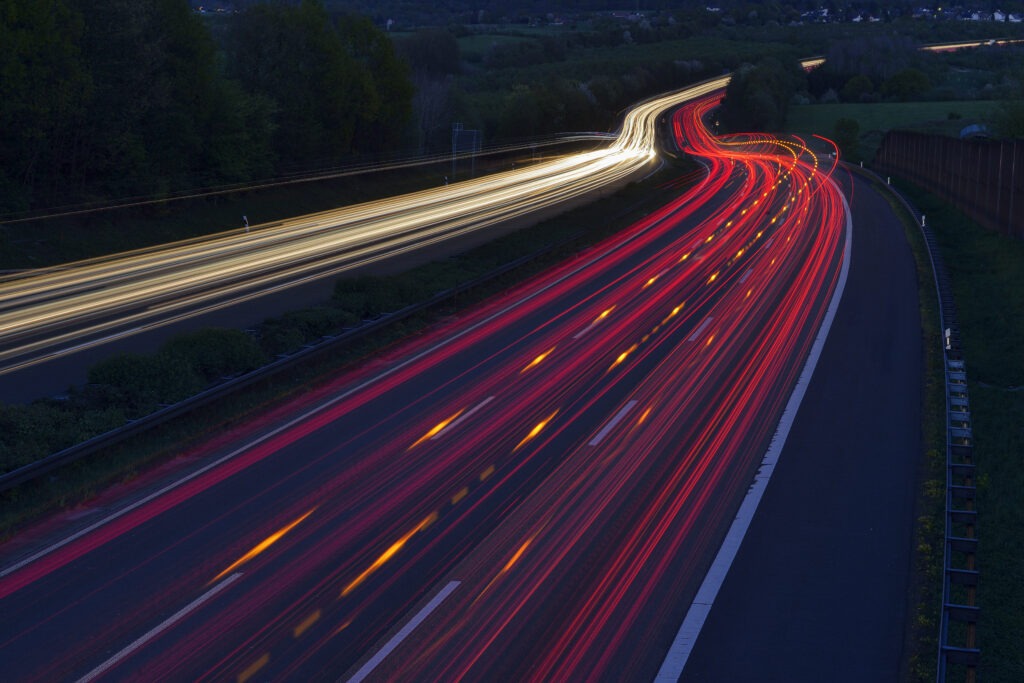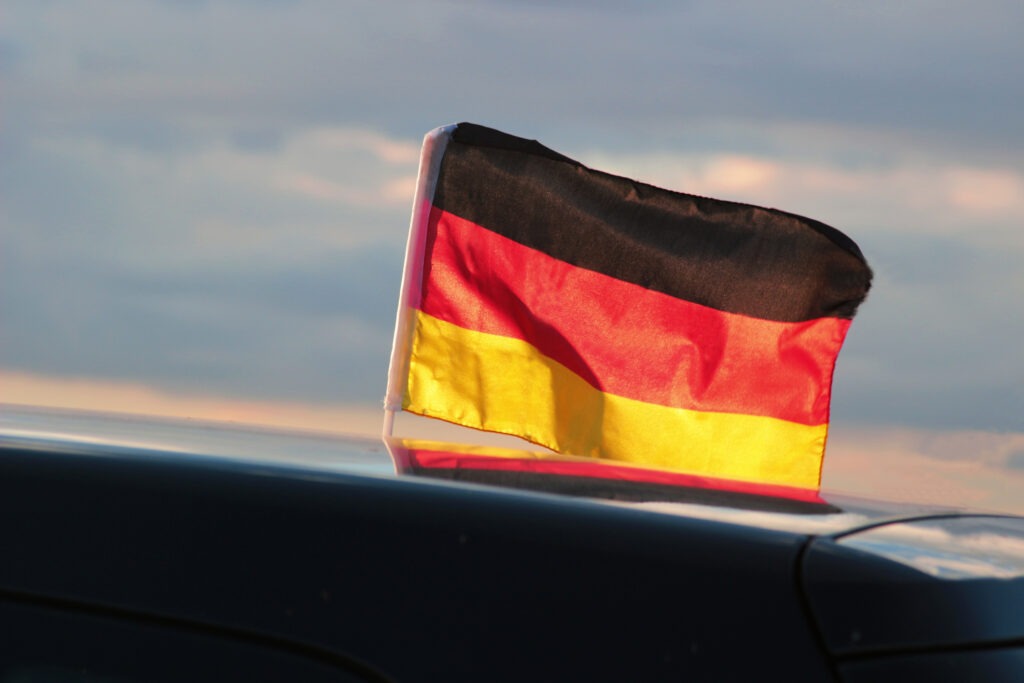Strong EV sales help German new-car market close 2022 on a high
10 January 2023

The German new-car market closed the year on a high note, driven by a record number of electric-vehicle (EV) registrations. In December 2022, new car-registrations surged 38.1%, the fifth consecutive month of year-on-year growth. This is according to the latest data from Germany’s Kraftfahrt-Bundesamt (KBA).
Automotive associations in the country spoke of a strong final spurt, with 314,318 new passenger cars registered in the last month of 2022. The seasonally-adjusted annualised rate (SAAR) jumped from 3.08 million units in November to 4.21 million units in December, exceeding Autovista24’s expectations. Overall, 2.65 million new cars were registered in 2022 – a slight increase of 1.1% year on year.
‘With this strong final spurt, 2022 closed on a conciliatory note, even though the market as a whole remained clearly below expectations,’ said Reinhard Zirpel, president of the association of international motor vehicle manufacturers (VDIK). ‘The ability to deliver continues to be a challenge but has improved significantly. Manufacturers can gradually work off the currently high order backlogs.’
A shortage of components, the war in Ukraine, combined with high energy and raw-material prices dampened market conditions throughout the year. Compared to pre-pandemic 2019, new-car registrations are still down considerably.
Looking ahead, Autovista24 projects sluggish growth, with the German new-car market forecast to record 2.79 million units in 2023. This is in part due to lower order intakes and ongoing economic risks related to inflation, interest rates, and energy prices.
The German Association of the Automotive Industry (VDA) warned that German car manufacturers received significantly fewer domestic orders in December than a year ago. This figure fell 15% in 2022.
Meanwhile, production increased for the eighth month in a row in December. Manufacturers produced 253,700 passenger cars last month, up 2% year on year. In 2022, 3.4 million units were produced in Germany, an increase of nearly 11% when compared to the previous year.
EVs take the lead
December’s strong increase in new-car registrations was mainly due to the significant growth seen on the EV market. Last month, more than half of newly registered cars were electric – a first.
EV registrations, including battery-electric vehicles (BEVs) and plug-in hybrids (PHEVs), amounted to 174,000 units in December – a staggering year-on-year increase of 114%. It is also noteworthy that more than 100,000 BEVs were registered in the month.
The jump in EV registrations did not come as a surprise as analysts expected a rush in December ahead of imminent changes to EV incentives. The German government announced plans last year to lower EV subsidies, while also axing incentives for PHEVs.
Overall, 2022 proved to be a successful year for EVs, which made up 31% of all new-car registrations in the year – the equivalent of around 833,000 units. Among these, 470,600 were BEVs and 362,100 were PHEVs.
However, the EV market in 2023 could see a certain level of stagnation as rising electricity prices and lower subsidies are expected to impact interest among consumers who might now think twice about buying a new electric car.
‘At the end of the year, manufacturers, dealers, transporters and registration offices created the conditions that enabled many EV customers to still secure the higher subsidy,’ said Zirpel. ‘In the coming year, the momentum will slow down considerably. We expect only about 800,000 new electric vehicles in 2023.’
Germany’s Federal Statistical Office (Destatis) said energy prices remained high in December, having a direct impact on the inflation rate, which is forecast to have hit 8.6% last month. This is lower than in previous months, when inflation rose above 10%.
Meanwhile, the Munich-based ifo Institute for Economic Research found that market conditions remained strained in December although it said the German automotive industry appeared to be better positioned last month than in the summer of 2022.
Confidence is returning to carmakers in particular, the ifo found, as the situation stabilised and manufacturers were more satisfied with their order books in December. ‘However, automakers continue to suffer from a shortage of intermediate products,’ said Oliver Falck, director of the ifo Centre for Industrial Organisation and New Technologies. Both carmakers and suppliers in Germany are still cautious as 2023 remains shrouded in uncertainty.



